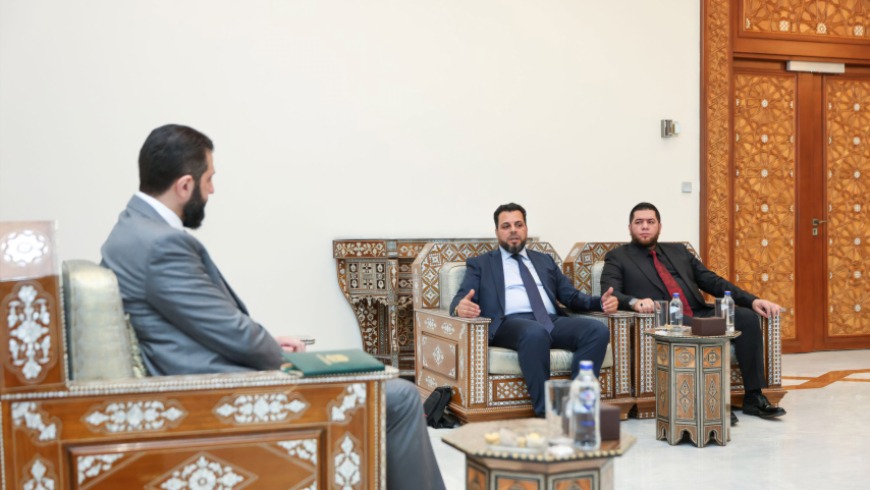Syria’s upcoming People’s Council elections will unfold through a tightly controlled two-stage process, according to Mohammad Taha al-Ahmad, head of the country’s newly formed Supreme Committee for Elections. At the centre of the process is a “jury-based” selection mechanism that effectively sidelines the general public.
Phase One: Selection of Jury Committees
In each province, local subcommittees will appoint between 30 and 50 members to serve as an electoral college for each parliamentary seat. These jurors—described as “legal personalities,” a term left deliberately vague—will be sworn in and tasked with selecting the candidates.
Phase Two: Candidacy and Voting
Only individuals drawn from these jury pools will be eligible to stand for office. The final vote will be carried out exclusively by the same juries, meaning ordinary Syrians will have no role in the selection of their representatives.
Ahmad noted that all candidates must meet criteria outlined in a provisional electoral law—currently still in draft form. The draft will ostensibly be subject to review by “various social segments” across Syria’s provinces, though critics say this gesture is largely symbolic in a system where political participation remains tightly constrained.
Controversy and Criticism
Ahmad dismissed social media speculation about potential candidates as premature, noting that official candidacy cannot begin until jury committees are formally constituted.
Seat distribution will be based on 2010 census figures—despite more than a decade of war, displacement, and demographic shifts—raising objections from observers who see this as further marginalisation of opposition-held or depopulated areas.
Presidential Appointments
According to Presidential Decree No. 66 (2025), one-third of the 150 seats in the People’s Council will be directly appointed by President Ahmad al-Sharaa, consolidating further control at the executive level.
International and Domestic Response
UN Special Envoy Geir Pedersen offered a cautious welcome to the formation of the electoral committee but refrained from endorsing the structure of the process itself. Opposition groups, meanwhile, have strongly condemned the framework as a political charade. Among their concerns:
- Militia Influence: The National Defence Forces (NDF), a pro-regime militia, dominate many of the areas where juries will be selected.
- Uneven Representation: Anti-government strongholds such as Idlib and Daraa are allocated just seven and four seats respectively—figures critics argue do not reflect political or demographic realities.
What Lies Ahead?
With jury committees not yet convened and the electoral law still unfinished, the timeline for the elections remains unclear. Nevertheless, the broader structure suggests a tightly managed process in which regime-aligned elites are expected to nominate and elect their own—leaving Syria’s fractured opposition on the outside looking in.
Why It Matters
This process mirrors pre-war elections that offered a façade of pluralism while maintaining strict central control.
Rather than ensuring representation, the jury system may serve to institutionalise the influence of loyalist militias within Syria’s governing structures.
Amid rising tensions in the region, particularly between Iran and Israel, the Assad government appears eager to project an image of internal order—aimed less at Syrians than at international allies like Russia and China.
This article was translated and edited by The Syrian Observer. The Syrian Observer has not verified the content of this story. Responsibility for the information and views set out in this article lies entirely with the author.


